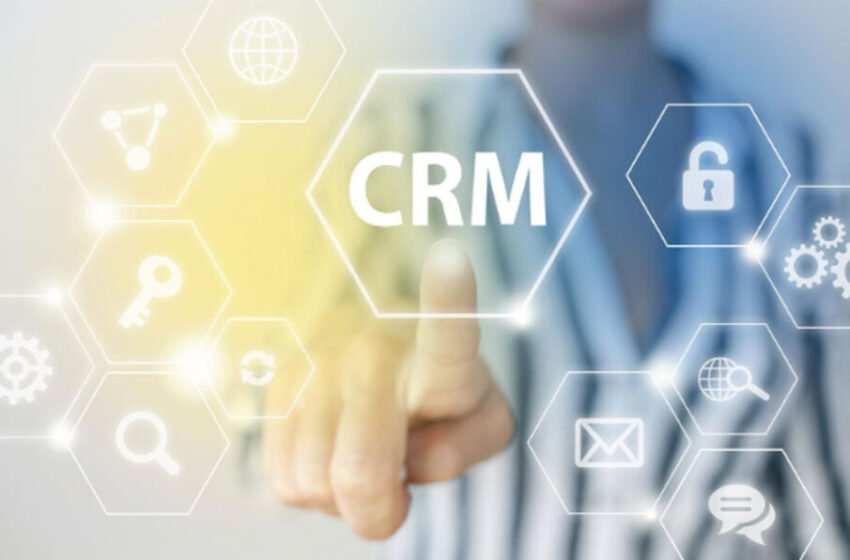What Are The Security Risks Associated With Using A CRM System?

Customer Relationship Management is what the CRM term means. All of your customer information is kept in one spot by a digital structure. CRMS help businesses provide better customer service, manage communication, and follow leads. A CRM system enables groups to remain organised and operate more effectively. Still, though it is great, there are really serious security issues, too. Data security has to be the priority in a system that keeps names, phone numbers, and payment information. Your CRM might be a simple cybercriminal target if not handled carefully. Many companies now use custom CRM systems to meet their unique needs. These tailored platforms offer more flexibility and control, but they can also come with specific security risks. In this article, we’ll discover why are the security risks associated with using crm system.
Data Breaches Can Be Devastating
The most useful information is from customer data. Hackers focus on CRM systems to pilfer personal information such as contact history, email addresses, and credit card information. One violation can damage your brand’s reputation and erode consumer confidence. Many small businesses believe they are not aimed at. Still, that’s precisely why they are. Cybercriminals are aware that small firms usually have weak security. A breach might result in lawsuits, fines, and lost customer base. Ensure your CRM system is protected with current encryption and good firewalls.
Poor Access Control Invites Trouble
Every staff member should not be given access to every piece of information in your CRM. Wide access allows for errors and abuse. An excessive number of users with admin access may result sensitive data being altered, exposed, or erased. Clearly define user roles in your CRM. Provide every team member with just the access they need. Control who views what using permission-based options. Keeping your customer data safe and stopping inside mistakes is straightforward.
Don’t Overlook Insider Threats
On many occasions, insider risks are actual but disregarded. Sometimes, the most trustworthy persons are dangerous. This does not always show sinister will. An employee could be using relatively poor passwords or inadvertently sharing the data. Urge staff members to adhere to sound cybersecurity procedures. Have normal training sessions. Help your staff members identify odd conduct. Use monitoring software to monitor access and spot strange behaviour in your CRM.
Unsecured Devices and Public Networks
Modern customer relationship management systems run on the cloud. For work done from afar, this is fantastic because you may log in from anywhere. It does, however, present more risks. Leaving your information on view can be enabled by older browsers or public WiFi. Ensure your team stays away from accessing the CRM on public networks without a VPN. Ask them to enable two-factor authentication and choose strong passwords. Motivate the application of modern antivirus on every device, gaining access to your CRM. This provides a further level of protection.
Ignoring Software Updates Opens the Door
A hacker’s ideal target would be obsolete CRM systems. Updates typically have significant security patches. Ignoring them opens your system to assaults. Regularly search for updates. If your CRM provider permits it, enable autoupdates. Keep all integrated applications current. Even an old plugin can reveal your complete system. One of the simplest methods to improve security is to remain up to date.
Risky Third-Party Integrations
CRMS usually combine with other programs, including email platforms, marketing software, and payment gateways. Though handy, these integrations increase the threat. A third-party application that is not well secured could be a vulnerability. Research first the security properties of any tool you will add to your CRM. Check for qualifications and comments. Select companies that clearly state their data protection policies. Use only credible software; get rid of any tool you no longer use.
Conclusion
Changing your company and maintaining your team in sync are things CRM applications are good for. They are, quite certainly, also an ideal candidate for cyber threats. You have to view CRM security as one of your top priorities since so much important information is housed in one location. Train your employees, use complex passwords, and enforce rigorous access control. Update: don’t ignore. Integrations should be approached cautiously; always back up your information. Small steps help avert big issues.





